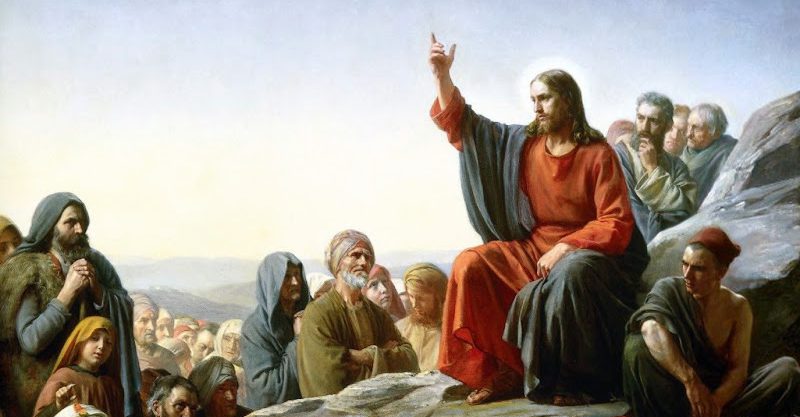
A concerned student recently asked me to use my authority over a friend of theirs (also a student and mentee of mine) to help get them on the right track, for this friend was involved in quite destructive behavior. As we were talking, I was growing increasingly uncomfortable, but when this request finally emerged, something crystalized for me—we had been operating at cross purposes throughout our conversation, and the disagreement hinged on the nature of authority within the mentoring relationship.
In one mode of thought, teaching and mentoring involves a great deal of authority—the power to shape and influence by command and threat. Someone in authority has some power over the life of the person they are teaching, power of grades, power of turning them in to higher authorities, power that comes vested with the status of teacher and mentor. And for the sake of the good of the mentee, this power must be wielded well and wisely. To wield it indiscriminately is to become a tyrant and run the risk of rebellion or subservience; but to not wield it at all is to cultivate sloth, apathy and independence.
My student was asking me to use the power vested in me as mentor to help curb their friend’s vices—a noble and thoughtful request, I suppose, but one that I found myself fundamentally disagreeing with.
In my understanding, I have no authority or power to wield as a mentor or professor. Or, to be more precise, I have very little good power and authority to wield; the power I have is of an altogether sort than the kind that can be wielded.
To be clear, there are things which my student can and should fear. I can lower their grades, whether fairly or unfairly, using these numbers, letters, and the meaning of a GPA for employers and graduate schools as a weapon. But of course, I would be damaging my student and compromising my integrity as a teacher in so doing. I can turn my student into Student Life services, causing them distress and potentially getting them expelled from the school. Even the mere mention of these things may be enough to bring my student somewhat into line.
But the “somewhat” matters a great deal—for the tactics of power and fear are fast-burning, likely to back-fire, and don’t reach down to the fundamental matters of the soul. They are short-term stop-gap measures aimed at surface behavior rather than the deep well-springs of character and heart.
But this is not to say that I am impotent—without power altogether to influence the lives of my students. As a professor and mentor I believe that I am vested with great power, or, rather, I have devoted my life to contemplating these most powerful of realities, and my calling, my privilege, is to teach and mentor my students by playing the role of witness, putting them in touch with those truly powerful and shaping realities of life. I do not have direct power to wield—and this is as should be. But there are powers and realities around which the lives and souls of my students can and should be shaped, and it is my calling to introduce them to these realities, to facilitate a relationship which is not about me, is far beyond me, and in which I have no more power than a match-maker.
What of this student? No threats, no power will avail here—others have tried all those methods. But in the context of an enduring and caring relationship, there is a chance that over the course of our relationship and conversations I may be of some service in helping my student come into contact with something truly powerful, truly life-changing, something which can and does have a real and enduring power which is both threatening, and far more important, life-giving. And to be present, to be a small part of this meeting, this encounter—that is the great joy of mentoring, as I understand it.
